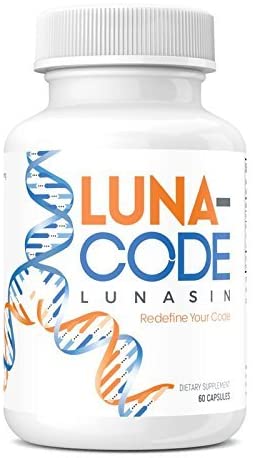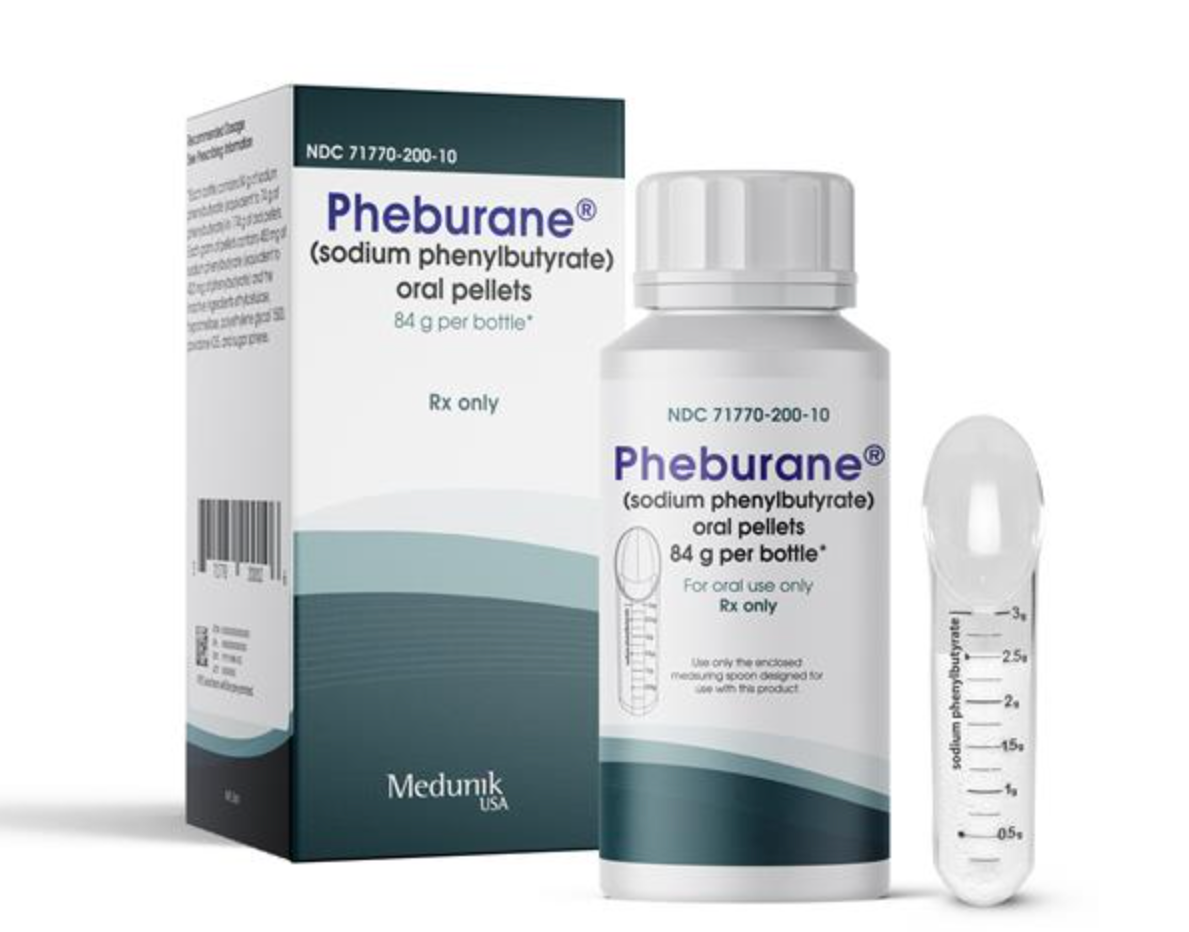Lunasin (lunasin) vs Pheburane (sodium phenylbutyrate)
Lunasin (lunasin) vs Pheburane (sodium phenylbutyrate)
Lunasin is a peptide that has been studied for its potential health benefits, including anti-inflammatory and anticancer properties, though it is not an approved medication for any specific condition. Pheburane (sodium phenylbutyrate), on the other hand, is a medication approved for the treatment of urea cycle disorders, which are genetic disorders that cause ammonia to accumulate in the body. When deciding between these two, it is crucial to consider the specific medical condition being treated: Lunasin is not an approved drug and should be considered experimental, while Pheburane is prescribed for a specific, rare metabolic condition and its use should be guided by a healthcare professional.
Difference between Lunasin and Pheburane
| Metric | Lunasin (lunasin) | Pheburane (sodium phenylbutyrate) |
|---|---|---|
| Generic name | Lunasin | Sodium phenylbutyrate |
| Indications | Not applicable as lunasin is not a drug, but a natural peptide found in soy and other plants | Urea cycle disorders |
| Mechanism of action | Believed to have anti-inflammatory, anti-oxidative, and possibly anti-carcinogenic properties | Converts to phenylacetate in vivo, which conjugates with glutamine to form phenylacetylglutamine, thereby reducing ammonia levels |
| Brand names | Not applicable as lunasin is a dietary supplement | Buphenyl, Pheburane |
| Administrative route | Oral (as part of dietary supplements) | Oral |
| Side effects | Limited data available; generally considered safe when consumed in dietary amounts | Body odor, taste aversion, nausea, headache, fatigue, rash, and other potential side effects |
| Contraindications | Not well-defined due to its status as a supplement | Liver impairment, hypersensitivity to the active substance or to any of the excipients |
| Drug class | Not classified as a drug | Urea cycle disorder agent |
| Manufacturer | Various dietary supplement manufacturers | Horizon Pharma (for Buphenyl), Lucane Pharma (for Pheburane) |
Efficacy
Lunasin and Amyotrophic Lateral Sclerosis (ALS)
Lunasin is a peptide originally identified in soybeans, and it has been studied for its potential therapeutic effects in various conditions, including Amyotrophic Lateral Sclerosis (ALS). ALS is a progressive neurodegenerative disease that affects nerve cells in the brain and the spinal cord, leading to loss of muscle control. While research on Lunasin's efficacy in ALS is still in early stages, some preclinical studies and anecdotal evidence suggest that it may have neuroprotective properties. However, there is currently insufficient clinical evidence to conclusively determine Lunasin's efficacy in treating or slowing the progression of ALS. Rigorous clinical trials are necessary to establish its therapeutic potential for this condition.
Pheburane (Sodium Phenylbutyrate) and ALS
Pheburane, known generically as sodium phenylbutyrate, is a drug that has been approved for the treatment of urea cycle disorders, which are genetic disorders that cause ammonia to accumulate in the body. Its potential efficacy in ALS is based on the hypothesis that it may help to mitigate the effects of neurodegeneration by modulating stress responses in neuronal cells. However, the evidence for Pheburane's efficacy in ALS is limited, and the results from clinical studies have been mixed. Some studies suggest potential benefits, while others do not show significant effects on disease progression or symptom management in ALS patients.
Current Status of Research
Both Lunasin and Pheburane have been the subject of research with respect to ALS, but neither has been approved by regulatory agencies specifically for the treatment of this disease. The scientific community continues to explore these compounds in various experimental settings, including clinical trials, to better understand their mechanisms of action and potential therapeutic value for ALS. It is essential for patients and healthcare providers to rely on evidence-based medicine, and thus, the use of Lunasin or Pheburane for ALS should be considered experimental until more definitive data are available.
Considerations for Patients and Healthcare Providers
Patients with ALS and their healthcare providers must approach the use of Lunasin and Pheburane with caution. Given the lack of strong evidence supporting their efficacy for ALS, these substances should not replace established ALS treatments and management strategies. It is important for patients to discuss any potential use of these compounds with their healthcare providers, considering possible interactions with other medications and the current state of research. Participation in clinical trials may be an option for some patients interested in contributing to the research on these potential treatments for ALS.
Regulatory Agency Approvals
Lunasin
-
Food and Drug Administration (FDA), USA

Pheburane
-
European Medical Agency (EMA), European Union

-
Food and Drug Administration (FDA), USA

Access Lunasin or Pheburane today
If Lunasin or Pheburane are not approved or available in your country (e.g. due to supply issues), you can access them via Everyone.org.
How it works

Make an enquiry
Choose the medicine you want to buy, answer a couple of questions, and upload your prescription to speed things up. We’ll get back to you within 24 hours.


Make an enquiry
Choose the medicine you want to buy, answer a couple of questions, and upload your prescription to speed things up. We’ll get back to you within 24 hours.


Breeze through the paperwork
We'll guide you through the required documents for importing unapproved medicine, ensuring you have all the necessary information.


Get a personalized quote
We’ll prepare a quote for you, including medicine costs and any shipping, administrative, or import fees that may apply.


Receive your medicine
Accept the quote and we’ll handle the rest - sourcing and safely delivering your medicine.

Some text on this page has been automatically generated. Speak to your physician before you start a new treatment or medication.
Let's talk
If you have any questions, call us or send us a message through WhatsApp or email:
Contact us




